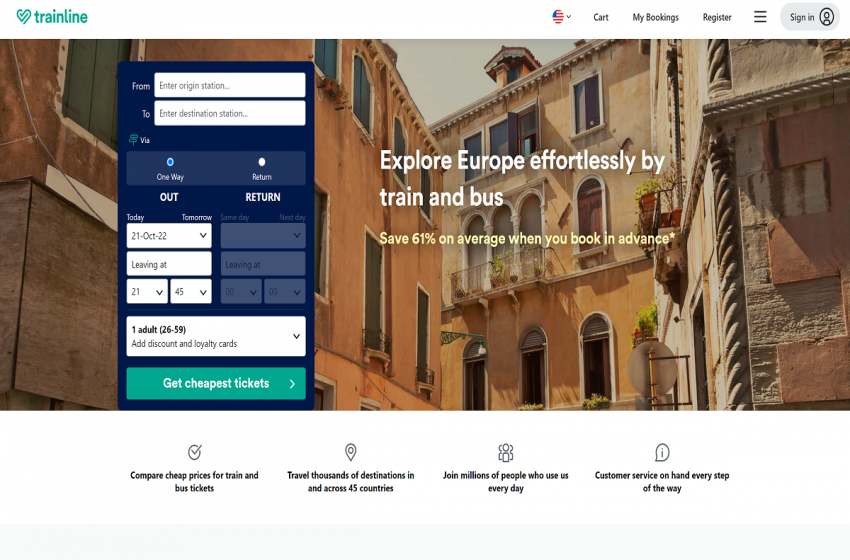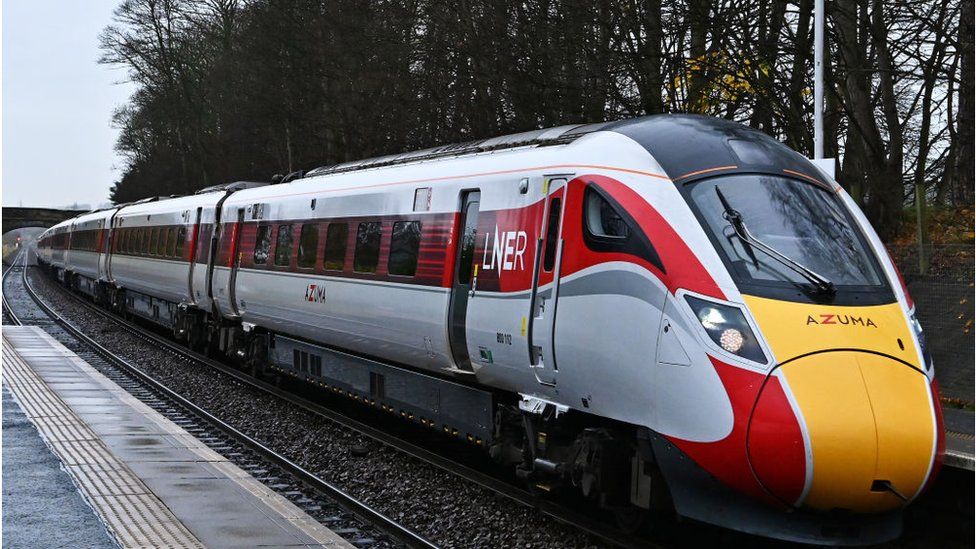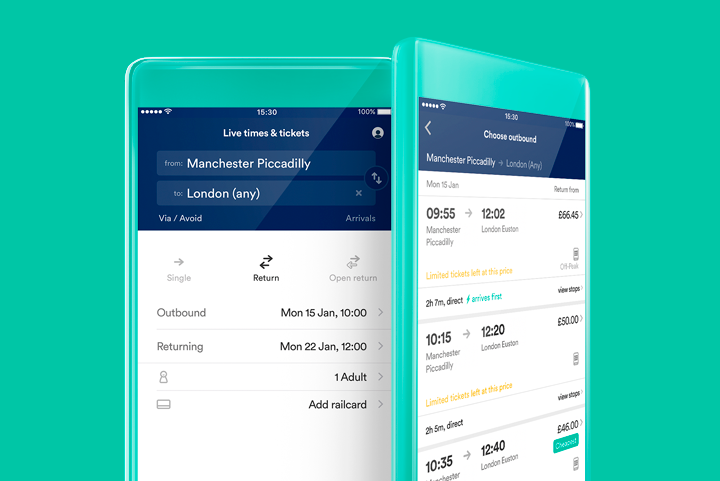
Are trains and buses a good option to travel in Europe? Check it out!
Traveling can be difficult and stressful, especially if you don’t speak the language. But if you are lucky enough to find an English-speaking AI travel assistant, you might not have as much trouble after all!
Pros and Cons of the cost to travel by train versus the cost to travel by bus

Image Source: Link
There are pros and cons to train and bus travel when exploring Europe.
The cost of train travel is generally more expensive than bus travel, but this varies depending on the route and the type of train you choose.
If you’re looking for a leisurely journey through scenic countryside, a rail ticket may be a better option than taking a bus. However, buses can be a cheaper option if you need to get somewhere quickly and don’t mind making some stops along the way.
Generally, rail fares tend to increase more slowly than bus fare prices, so if you’re planning on traveling long distances by train, it’s worth budgeting for the highest possible fare.
On the other hand, many trains offer free wi-fi and other amenities, making them more comfortable and convenient than traditional buses.
How long will it take to get from point A to point B?

Image Source: Link
Trains and buses are two common modes of transportation in Europe. Which is the better option for you?
Both trains and buses can take a long time to get from point A to point B. For example, it could take around three hours by train from Paris to Barcelona, while it could take around six hours by bus. However, the quality of both options varies greatly. Trains can be faster, but they often run into delays or cancellations, while buses are more reliable but may be less comfortable. Ultimately, it depends on your specific needs which one is better for you.
What are some things to know about trains and buses in Europe?
Image Source: Link
Trains and buses are two different modes of transportation that can be used in Europe.
Buses are often cheaper than trains, but they take longer to get you where you’re going. Trains are faster but more expensive.
You can usually find train and bus tickets online or at the station. You should also check out the schedule to make sure your train or bus is on time.
If you’re traveling with a group, buying tickets in advance is a good idea so everyone knows their seat number.
Where can you catch a train or bus from?

Image Source: Link
There are various ways to catch a train or bus in Europe, depending on what you’re looking for and what type of traveler you are. Trains typically run more frequently and cover longer distances than buses, but they can be more expensive.
Taking the bus might be your best bet if you’re looking to save money. Some countries have an extensive network of buses all over the country. You can find information about bus routes online or at the local tourist information center.
Choosing a train might be better if you’re looking for a more leisurely experience. Trains offer an opportunity to take in the scenery while traveling and often provide nicer amenities such as food and drinks. You can book tickets online or at railway stations.
Conclusion

Image Source: Link
Are trains and buses a good option to travel in Europe? Check it out! In this article, we will discuss the pros and cons of both modes of transportation and provide you with some tips on making the best choice for your upcoming trip.






